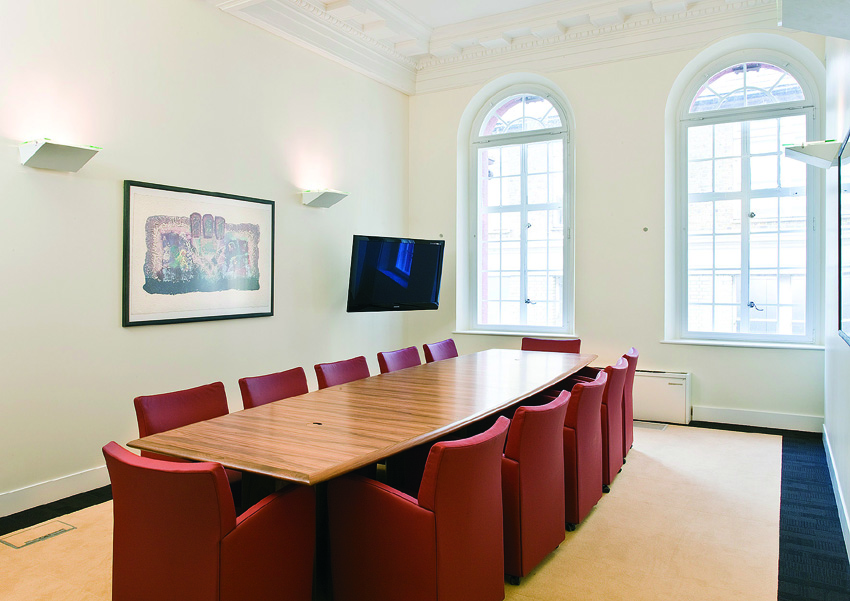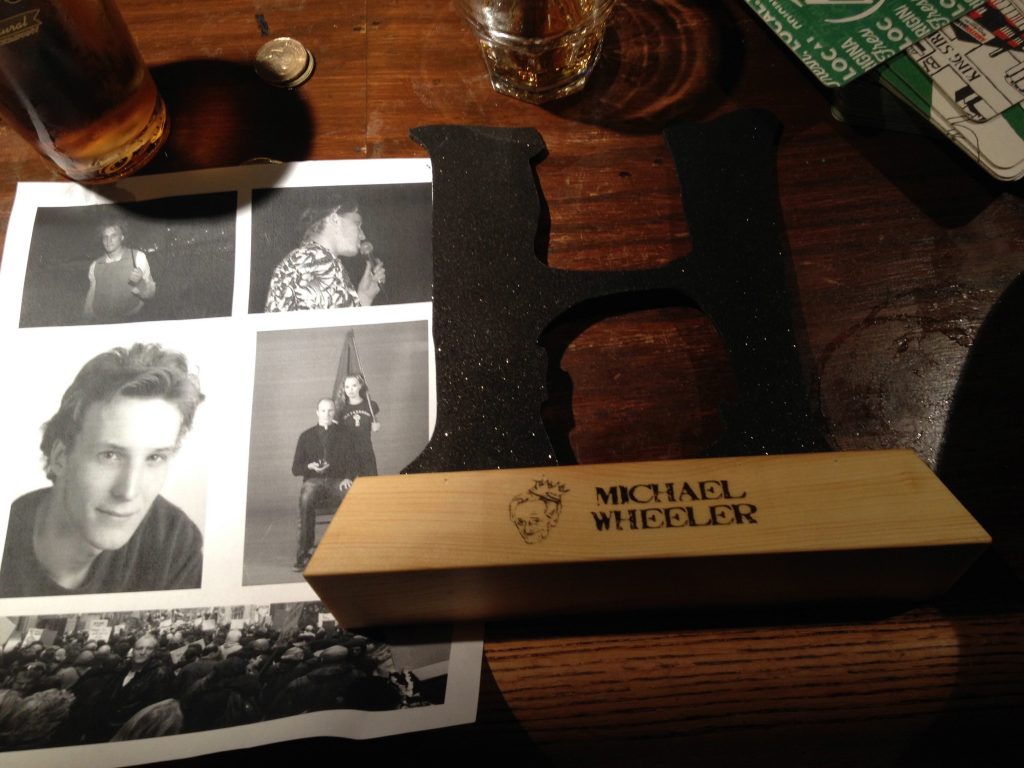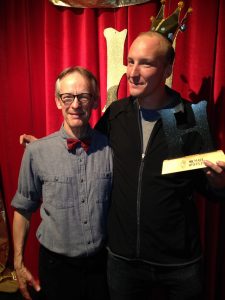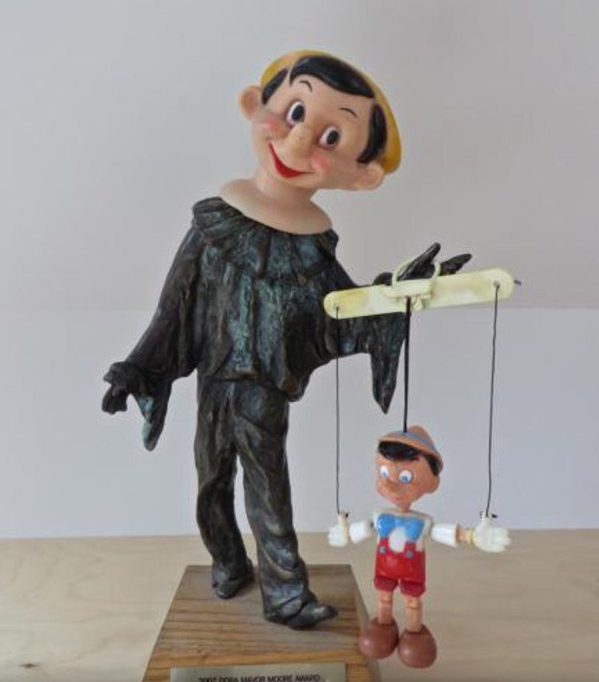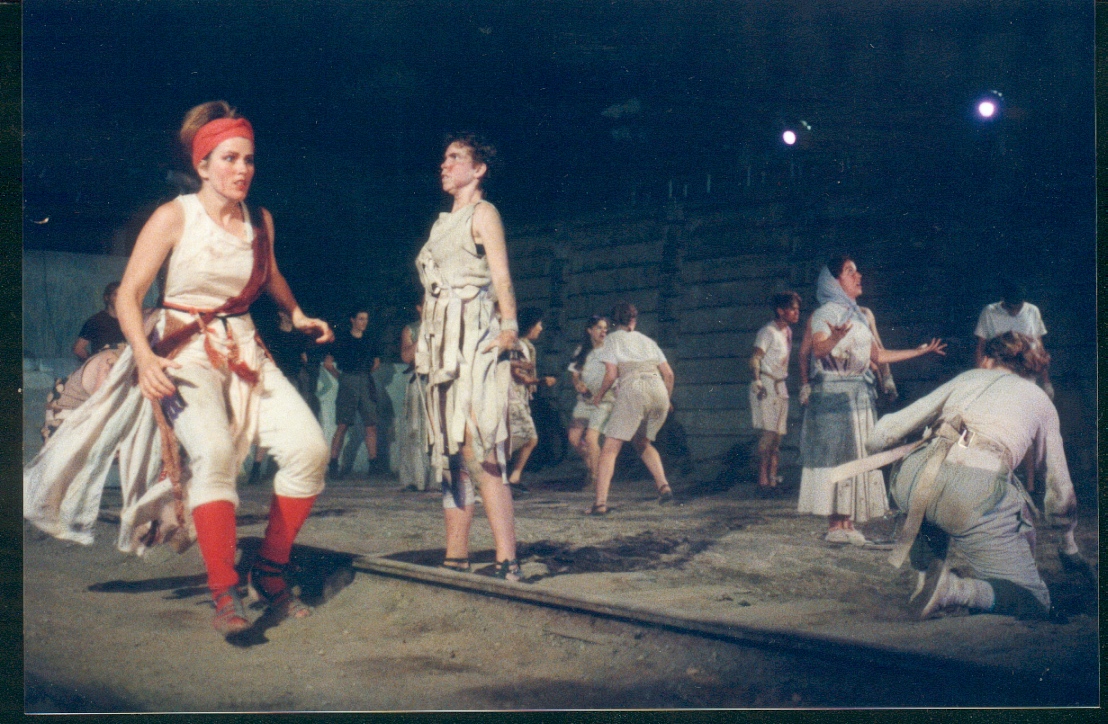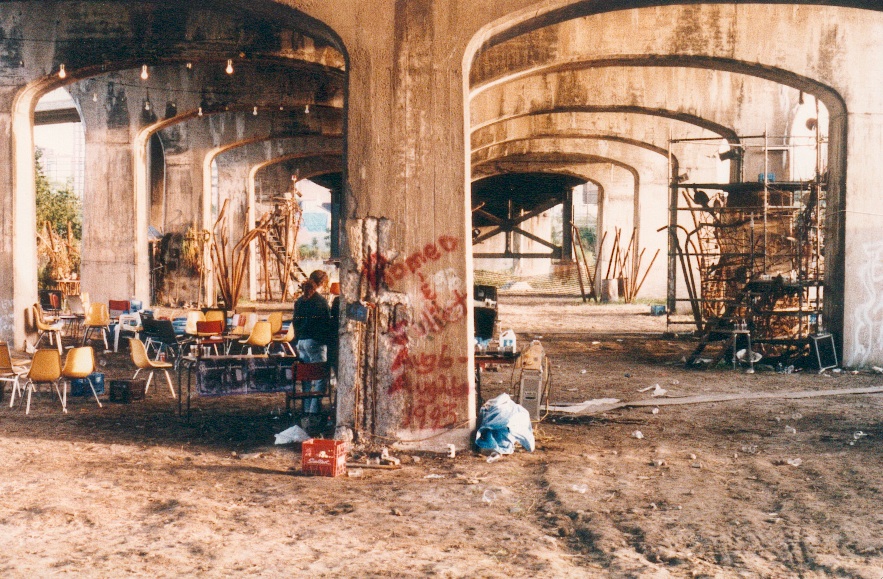Briefing Notes for Hiring Committees
We’re in the middle of a major shift in artistic leadership in Canada. A vacancy at London’s Grand Theatre made way for a shift at Theatre Calgary; A vacancy at the Citadel then made its way West to us in BC at Western Canada Theatre. Two other major jobs are available here in Vancouver – Touchstone Theatre and Theatre La Seizieme. This week, Magnetic North. This may be just the first wave of some significant changeover in leadership. In the arts community, we talk about change a lot – and this is an opportunity for organizations to be transformed from the top down. We also talk about responsibility – and with a change in leadership comes a temporary change in who holds the responsibility.
Will some of these positions go to women and/or artists of colour and/or artists with disabilities? If not, to someone committed to cultivating and showcasing such artists? The decisions lie with the hiring committees of these organizations, likely assembled from board members, current or former staff members, or members of the community.
I’d imagine they’re going to talk about the candidates’ artistic vision, their body of work, experience with large organizations. But will they discuss candidate track records and vision for cultivating and promoting work from women, people of colour and artists with disabilities? Will they be cognizant of the opportunity to break the overwhelmingly white, male majority of artistic leadership in Canada? I argue championing these values is more than a matter of ‘optics’ or ‘political correctness’ – it’s an imperative for the viability of these organizations.
In today’s theatre ecology, creating a diverse and inclusive theatre isn’t ‘forward thinking’ – it’s just keeping up. Prospective Artistic Directors, Executive Directors, or General Managers who don’t demonstrate a solid track record and a strong vocabulary for diverse and inclusive programming should be considered a liability. Funding bodies – including the Canada Council – have strongly signaled that diversity will become a major factor in granting. Choose an artistic director unprepared for this important shift in priorities, and major institutions may find themselves losing funding previously considered stable.
Programming and staffing choices are being examined and discussed in a new light, and ADs must be prepared to engage with the national dialogue – over the last year alone we’ve seen multiple examples of ADs unprepared or unwilling to do so. Problematic casting and programming that previously passed without comment are now subject of analysis in print and social media. Beyond presenting a PR problem, these snafus send a message to artists about who is welcomed, valued, and respected at their institutions, perpetuating the cycles of distrust that often make it impossible to cultivate meaningful exchange.
Artistic leaders are not only responsible for programming and staffing, but for curating audience experience. Imagine the transformation that could happen when an organization’s artistic leader has a genuine commitment to creating inclusive spaces for audiences. Smaller organizations are leading the way in creating sharable resources – for example, Cahoots’ DATT document detailing their findings serving the Deaf community, or IPAA’s resource guides for smudging and Indigenous protocol. What if major institutions became the pioneers of new audience practice, rather than waiting for indies to forge the way?
A local case study of such leadership is the 2012 appointment of Jovanni Sy (previously of Cahoots) as the Artistic Director of Gateway Theatre, a two-stage large theatre company located in the City of Richmond, just next to Vancouver. The exciting addition of Gateway Pacific Theatre Festival (billed on their site as “a showcase of world-class contemporary theatre from Hong Kong and Canada”) demonstrates Gateway’s new commitment to serving its community. Jovanni was specific and clear in his approach to engaging new audiences, and the results are showing.
Often, we see organizations instead taking a predatory approach to “diverse audiences” – occasionally programming one show targeted at a specific audience and expecting to cultivate lasting relationships with those communities. What’s missing in those cases but present at Gateway is an authentic desire to broaden the perspectives of both the theatre’s leadership and staff, and their audiences. Which leads me to the question – if prospective ADs haven’t shown such initiative so far in their careers, are they prepared to take such steps at the helm of a new organization? Who is responsible if they aren’t? I’m looking at you, hiring committees.
Finally, there’s the question of moral imperative – a nebulous, complicated, confusing and essential question. The risk is to view this moral imperative as charity, but to my mind it’s about the responsibility of publicly mandated organizations to serve the communities they exist within, and to advance the state of arts and culture in Canada. When yet another regional theatre announces a season dominated by plays created by, directed by, and starring straight white men, the loss is profound. The loss of space for narratives featuring people of colour and women to be shared; the loss of audiences and artists who leave these spaces and don’t come back, never seeing their presence valued at these institutions. No hiring committee would choose a candidate who has consistently hemorrhaged money at their previous organizations – will they then turn around and hire leadership that lets this intangible cultural capital slip through their fingers?
We’re often conditioned to view work by artists currently in the minority as niche, intended for specific audiences. Particularly in the context of major institutions, work by artists of colour and artists with disabilities can be marginalized by their positioning within the season as token programming, side-stage events, or community outreach. I would argue that our long-held assumptions that this work is marginal, risky, or simply not mainstream are assumptions that actively work against the perception of artists who champion or identify as marginalized artists. But selecting such an artist as a leader means choosing someone who has fought against those assumptions – someone who is most likely resourceful, tenacious, and strategic. The moral imperative is present, yes – but the benefits to organizations who prioritize diversity are clear, tangible, and essential.
We’re at the precipice of a massive change in thinking, and the relevance and viability of our cultural institutions depends on leadership that is prepared to lead the charge. Women, artists of colour, and artists with disabilities have been waiting too long for representation in leadership positions. If the positions don’t go to artists currently kept in the minority, they must go to those who have demonstrated a commitment to programming and developing work from such artists.
Of course, there is no guarantee that a change in leadership – even to such a candidate – will bring about substantial change. The idea is as infinitely complex as our individual identities. But someone in these decision-making rooms must ask the questions and press forward. The hiring committees have an opportunity to start a shift in organizational thinking away from the status quo and towards the future – to position their organizations to be responsive and forward-thinking. These committees must recognize the profound value in changing the face of cultural leadership in our country. The viability of these institutions depends on it.






